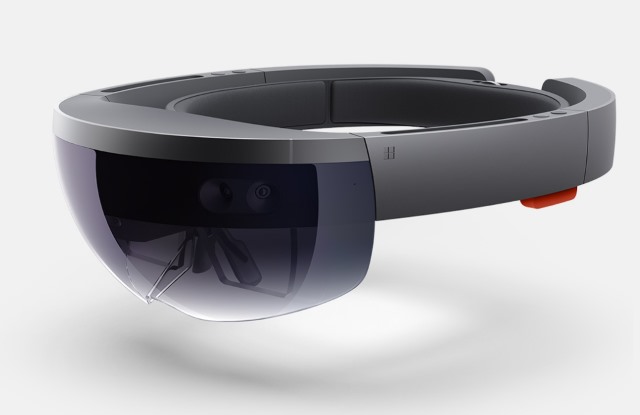Microsoft designed its own AI chip for the next HoloLens

HoloLens 2 is in the works, and Microsoft has revealed that the second version of its mixed reality headset will feature an AI chip. The company has turned to custom silicon when it comes to bringing artificial intelligence to HoloLens, but while Microsoft has designed the chip, it is manufactured by a third party.
Speaking at the Computer Vision and Pattern Recognition conference Harry Shum, executive vice president of Microsoft's Artificial Intelligence and Research Group, said the second version of the Holographic Processing Unit (HPU) will feature the AI chip so processing can be carried out onboard rather than in the cloud.
Marc Pollefeys, director of Science at Microsoft, explains the reasons for this: "Although we have seen large improvements in the accuracy of recognition as a result of Deep Neural Networks (DNNs), deep learning approaches have two well-known challenges: they require large amounts of labelled data for training, and they require a type of compute that is not amenable to current general purpose processor/memory architectures. Some companies have responded with architectures designed to address the particular type of massively parallel compute required for DNNs, including our own use of FPGAs, for example, but to date these approaches have primarily enhanced existing cloud computing fabrics."
The solution is to turn to "custom silicon" and design a specialist chip to allow AI processing to be carried out locally. The new AI coprocessor runs off the HoloLens 2 battery.
Microsoft says:
The second version of the HPU, currently under development, will incorporate an AI coprocessor to natively and flexibly implement DNNs. The chip supports a wide variety of layer types, fully programmable by us. Harry showed an early spin of the second version of the HPU running live code implementing hand segmentation.
While is a precise timeline is not really known, the next version of HoloLens is not expect to see the light of day until 2019.